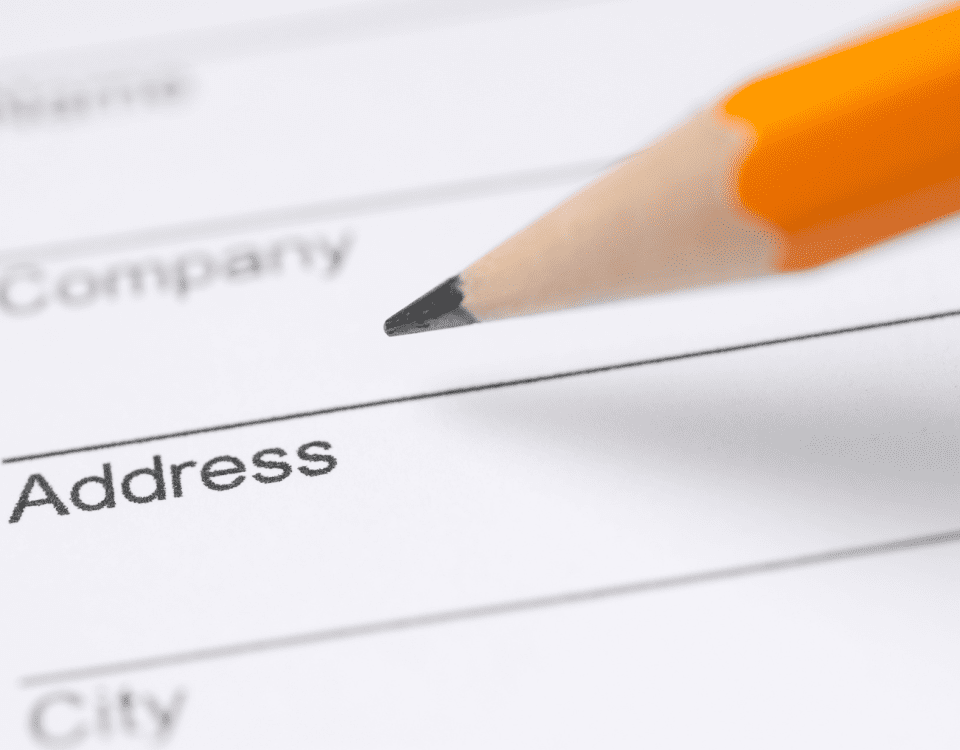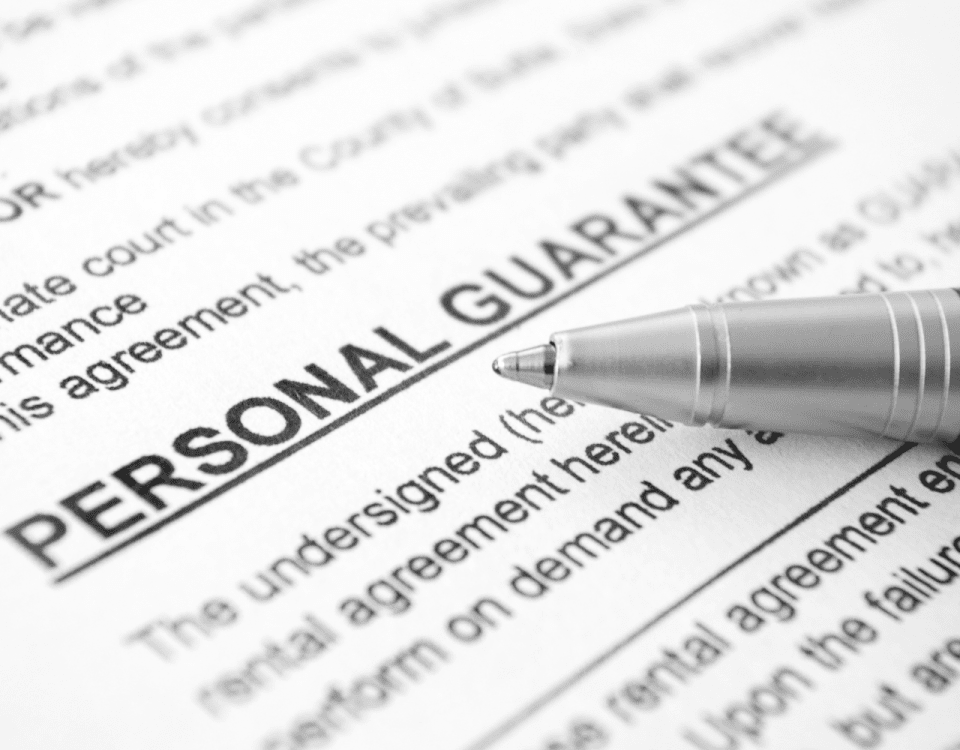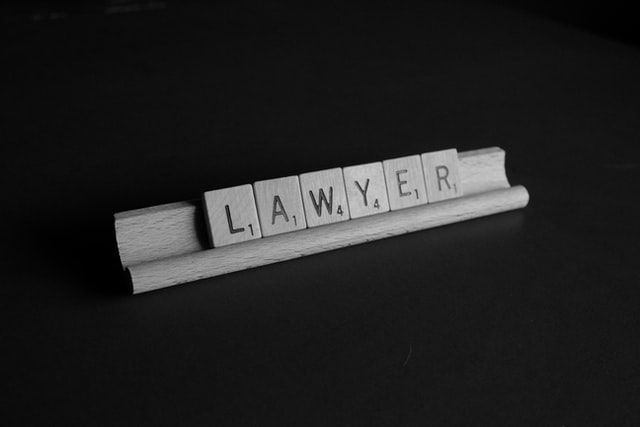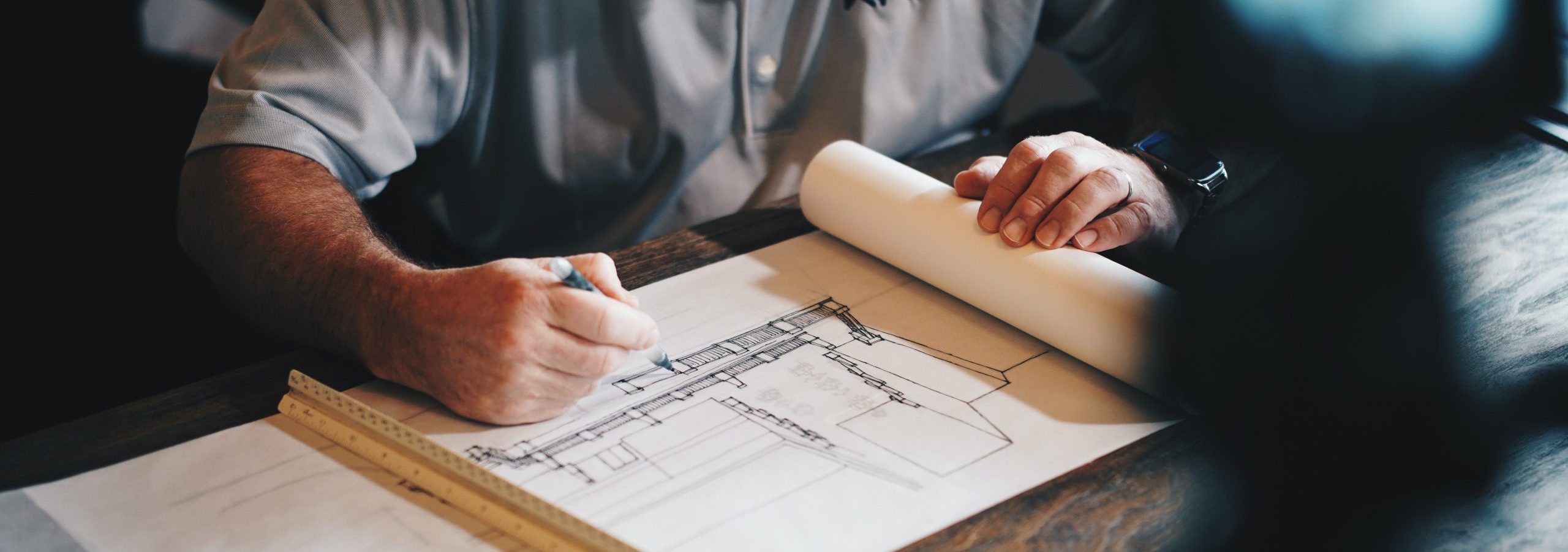
Benefits of Hiring a Lawyer for Wrongful Termination
January 9, 2021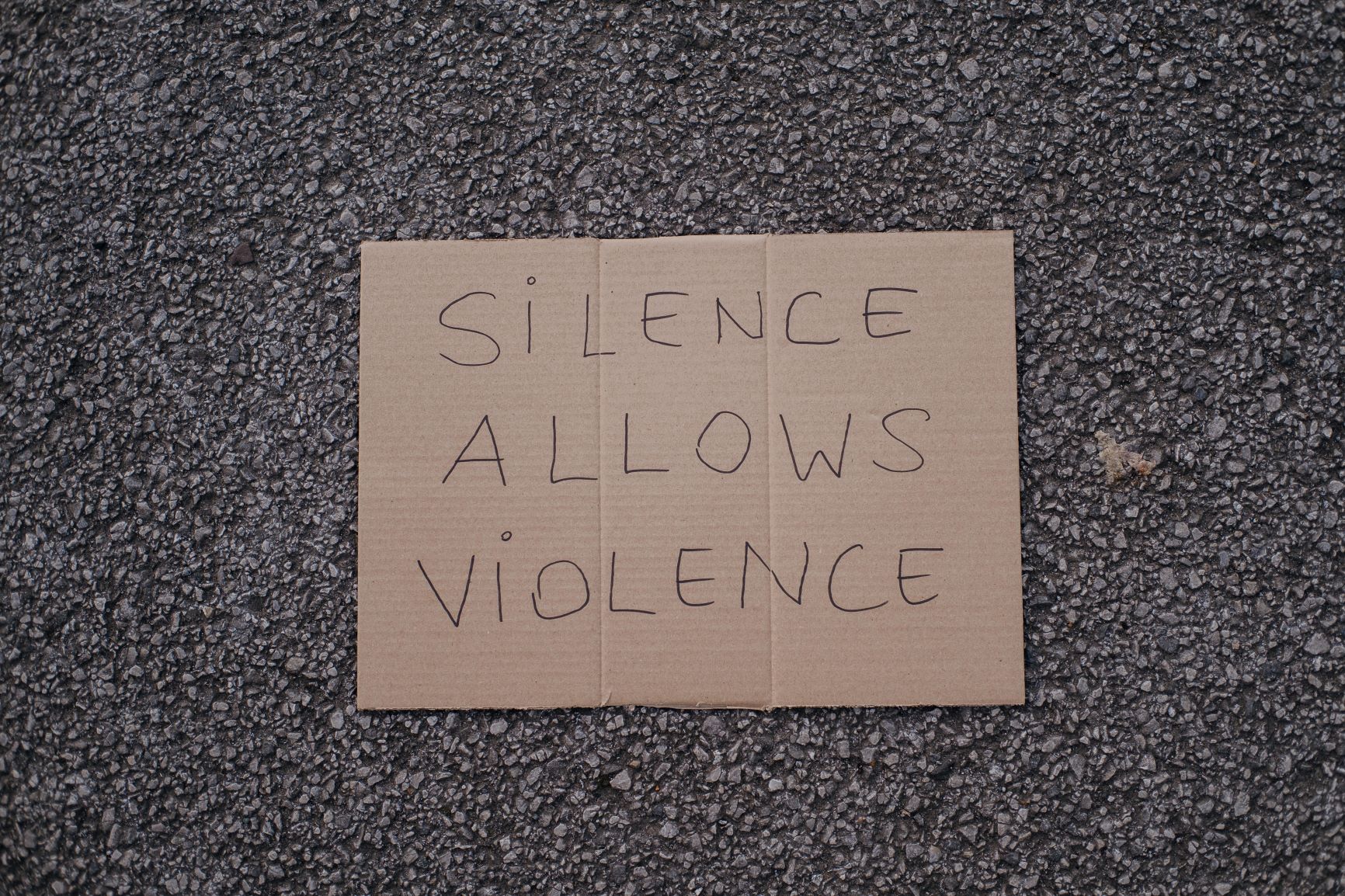
Seeking Justice in Civil Court: Remedies for Sexual Assault Survivors
February 15, 2021Although at its heart, a bankruptcy is a relatively straightforward thing – it is a legal procedure that involves all or some of a person or companies property and assets being surrendered to a licensed insolvency trustee to relieve their debts – it can feel very complicated when you’re faced with it. Add to this the fact that the thought of losing your assets can cause emotions to run high, and it’s easy to understand why bankruptcy and all it entails is a mystery to many.
If you’re a businessperson considering bankruptcy, the first place to turn to is a corporate insolvency law firm such as Baker Law Firm. We can guide you through the process and ensure that a bankruptcy is the right step for you to take. In the meantime, read on to find out what happens when you claim personal bankruptcy.
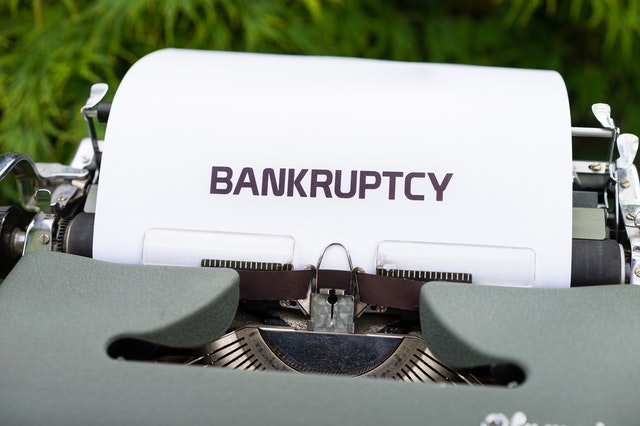
Who Can Assist With A Bankruptcy Claim?
Canadian law requires that only licensed insolvency trustees can assist with a personal bankruptcy claim. In other words, you cannot file a claim yourself, and instead, you need to hire a specialist. Although this might seem unnecessary, you should remember that bankruptcy is a legal proceeding and as such everything must be done absolutely to the letter to ensure a smooth claim. Any errors could result in additional debt, or more time needing to be spent on the claim, which is why having a licensed insolvency trustee do the work is crucial.
The trustee will put together all the paperwork needed to film your bankruptcy claim. Read through this carefully, and make sure you ask any questions that you might have. You need to know what each element means and how it will affect you. Although bankruptcy is a last resort when it comes to problematic finances, it is also something that can be a lifeline to those who are desperate for financial relief. A bankruptcy filing will affect you going forward, especially if you intend to use any form of credit in the future. It may even affect your job and other life choices. Before you seek the assistance of an insolvency trustee you may want to seek the advice of an insolvency lawyer. Baker Law Firm understanding bankruptcy and insolvency and that can give you the guidance you need in a confidential and legally privileged consultation.
Stay of Proceedings
Once you have signed the paperwork, the trustee will send this to the Office of the Superintendent of Bankruptcy. Once filed, the Superintendent of Bankruptcy will inform all the relevant credit bureaus, and your trustee will send details of your bankruptcy to your creditors and you will receive a ‘stay of proceedings’. This means that any unsecured creditors can no longer sue you for non-payment and that any lawsuits in process are stopped. After the stay is in place your unsecured creditors must file a claim with your trustee. Secured creditors are a different matter, and if you have secured your property or other assets against a debt, then those assets can be seized. Your mortgage or car loan would be an example of a secured loan.
If you are a director of a business, you will be unable to continue on the board of directors. Planning for a personal bankruptcy may involve seeking others to run your business while you are legally unable to.
Tax Returns
Any tax that you owe to the Canada Revenue Agency must also be included in your bankruptcy claim. If you don’t have an up-to-date tax return on file, your trustee can complete this and file it for you. Once the bankruptcy claim is complete, you won’t owe this money anymore, but if you are owed any refunds or tax credits, these will go to your creditors rather than you.

Your Duties
Although your trustee will handle most of the bankruptcy aspects for you, there are some duties that you will personally need to fulfil. These include attending any creditors meetings that might be requested, ensuring your trustee is sent monthly proof of your income, paying any surplus income you receive to the trustee, and learning better money management and budgeting via at least two credit counselling sessions.
Notice of Discharge
Assuming this is your first bankruptcy and have no surplus income, you will receive a notice of discharge after nine months. This means that your pre-bankruptcy debts are written off. However, even though you will no longer owe these amounts, a notice of your bankruptcy will remain on your credit file for a number of years.
Contact Baker Law Firm For Advice
If you feel you are a business person who’s business has failed due to COVID-19 and you need help and advice regarding the issue of a personal bankruptcy due to a business failure, please don’t hesitate to contact Baker Law Firm as soon as possible. We are regularly engaged by businesses and their owners to advise on bankruptcy and insolvency issues, and we can guide you through the process or help you consider alternatives.


